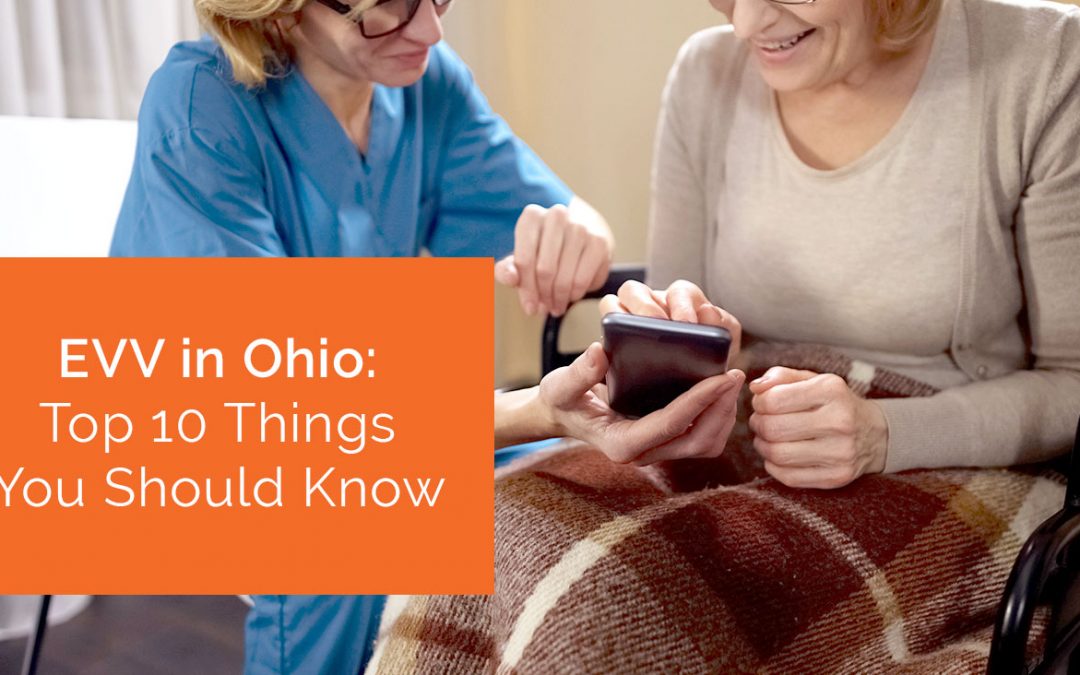Emergencies can happen at any time, and usually without warning. And even when you have time to prepare — such as in the days before a major storm — the effects of the incident can be far reaching and devastating to your home health agency.
In the aftermath of several major disasters, CMS Medicare proposed new rules regarding emergency preparedness for all covered entities in 2013. Those rules were finalized last fall, and officially take effect on November 16, and include home health agencies. The question, then, is quite simple: Are you ready to meet CMS emergency preparedness guidelines?
What CMS Expects
The new CMS rules are focused on four major emergency preparedness topics:
1. Home health agencies must have an emergency plan based on a risk assessment to identify emergency scenarios and develop a response, including the hazards likely to occur in the area, power and equipment failures, cyberattacks, communication interruptions, and loss of facilities or supplies.
2. Home health agencies must develop policies and procedures based on the emergency plan in accordance with state and federal laws.
3. Home health agencies must develop a communication plan that both complies with federal and state laws and includes other local providers, as well as staff, patients, families, and patient physicians.
4. Home health agencies must develop and maintain training programs and drills to ensure all staff are prepared to respond to an emergency.
The new rules also require every home health agency to maintain their CMS emergency preparedness plans, and update them annually, at minimum. The goal, according to CMS, is to ensure that not only are human and business resources protected, but also that home health agencies can maintain business continuity in the event of an emergency.
CMS Emergency Preparedness Exercise
As part of meeting the overarching emergency preparedness requirements, CMS has specifically noted that providers are expected to have completed a training exercise prior to the implementation date of the new rules. As a memo release by CMS in March 2017 noted, “In order to meet these requirements, we strongly encourage providers and suppliers to seek out and to participate in a full-scale, community-based exercise with their local and/or state emergency agencies and health care coalitions and to have completed a tabletop exercise by the implementation date.”
The agency went on to acknowledge that some agencies and providers were waiting for interpretive guidance to be released before planning and conducting these exercises, but that was not advisable. Failing to complete the exercises, or fulfilling any other aspect of the Final Rule by the time the agency is surveyed, will result in a citation for non-compliance.
However, CMS does provide an alternative for agencies that cannot conduct the full-scale exercise by the November 16 deadline. If there is a valid reason that your agency cannot engage with all of the necessary agencies, suppliers, and providers to conduct the required drill before November 15, 2017, then you may conduct a facility emergency exercise and submit documentation explaining why you were unable to conduct the full-scale exercise, the names of the emergency agencies and coalitions you contacted to work with, and the specific reasons that the exercise wasn’t possible.
Preparing Your Agency
In some states, agencies may already be in compliance with the new CMS rules due to their compliance with state regulations. Most of these states are vulnerable to natural disasters including tornadoes, earthquakes, flooding, and severe storms. However, not all states maintain the same requirements, and if you have not developed an acceptable emergency plan, you need to do so immediately.
Most industry organizations, including the National Association for Home Care & Hospice, are offering a series of webinars and workshops to help HHAs develop appropriate plans. The CMS.gov website also provides a comprehensive list of resources for HHAs to comply with the CMS Emergency Preparedness rules. Based on your risk assessment, you should be able to compile the documentation required by CMS, including:
- Contact information for all staff, patients, volunteers, patient physicians, and emergency preparedness staff.
- Plans for responding to identified hazards, including identifying and assisting all patients under the care of the HHA. While your agency software system will prove invaluable for maintaining all medical records and patient locations, CMS will expect a backup system in the event that electronic systems are inaccessible.
- Plans for an emergency education program for all existing staff and new hires.
- Plans to shift patient care to other HHAs or providers in the event your agency operations are interrupted.
These are just some of the requirements for emergency planning that CMS has put in place. In short, your home health agency is going to be expected to show that you can not only respond to emergencies, but that your staff can comply with emergency procedures and ensure your patients are appropriately cared for.
One tool that can help streamline your emergency preparedness efforts is the comprehensive home health software from Complia Health.




